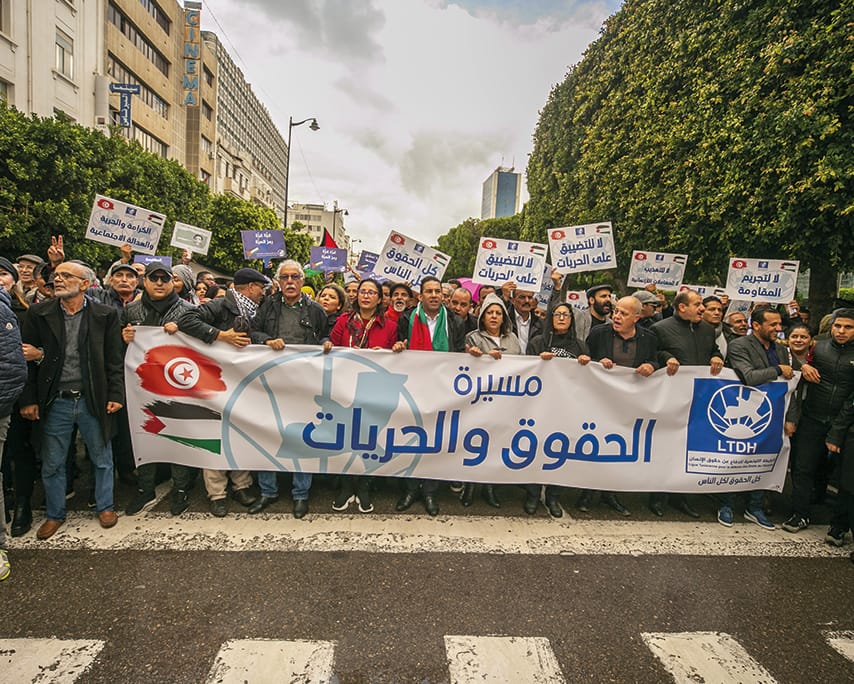An essential refresher on Human Rights
Everyone deserves to be treated fairly and respected, no matter who they are or where they come from. Even though people have different cultures, beliefs, and ways of life, we all share a common understanding that everyone has basic rights and freedoms just because they are human. These rights, like the freedom to speak, practice a religion, or live without fear of discrimination, belong to everyone, regardless of race, gender, nationality, or background. When we recognise and protect these rights, we create a more tolerant world.
Human rights matter because they create a fair and just society. Without them, people could be mistreated based on their background, beliefs, or personal choices. They protect individuals from harm and allow them to express themselves, make choices about their own lives, and live without fear of discrimination or violence. For example, imagine a world without human rights. Some people might be forced to work without pay, children might not be allowed to go to school, or certain groups could be denied basic services just because of who they are. Human rights prevent these injustices by setting clear standards for how people should be treated.
There are many human rights, but some of the most important include:
- Right to Life and Safety – Every person has the right to live without the fear of being harmed or killed unfairly.
- Freedom of Speech and Expression – People can express their opinions freely as long as they do not harm others.
- Right to Education – Everyone has the right to learn and receive an education.
- Freedom of Religion – People can practice any religion they choose or choose not to follow any religion at all.
- Equality and Non-Discrimination – No one should be treated unfairly because of their race, gender, or background.
- Right to Work and Fair Pay – People have the right to earn a living under fair conditions.
- Right to Privacy – Everyone has the right to keep their personal life private.
- Freedom from Torture and Slavery – No one should be forced to work against their will or be subjected to cruel treatment.
- Right to Participate in Government – People should have a say in how their country is run, usually through voting.
- Right to Health and Basic Needs – Everyone should have access to healthcare, clean water, and food.
Human rights are protected by laws, governments, and international organisations like the United Nations (UN). Many countries have rules that guarantee these rights, and international agreements help hold governments accountable by providing a framework for evaluating their actions. However, in some places, people’s rights are still denied or ignored. This is why individuals and organisations worldwide continue to fight for justice and equality.
Education is a powerful tool in understanding and defending human rights. By learning about these rights and the issues surrounding them, we can better advocate for justice and equality. Each of us has a role to play in protecting human rights. We can stand up against unfair treatment, support laws that promote equality, and educate ourselves and others about these important issues. By respecting and defending the rights of others, we help create a fairer, more peaceful world.



